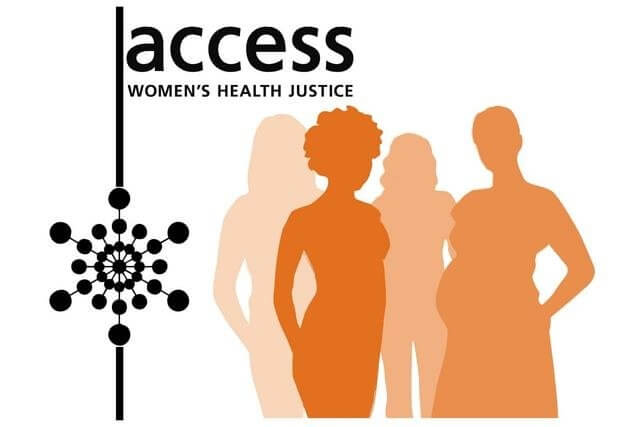Fielding Calls for Abortion Access in California
Page Media

This is a guest blog post from Sara Spriggs, the Healthline Coordinator at ACCESS Women’s Health Justice. Follow them @access_whj.
The calls come from Humboldt county, foggy and coastal, home to eight Indian reservations. They come from Fresno, the fifth largest city in California, with a Mediterranean climate and large Latino population. They come from Trinity, a rugged mountain county with only one traffic light. They come from the urban sprawl that is the Inland Empire, where the Santa Ana winds blow down from the desert. They come from Oakland, Vallejo, Martinez, Petaluma – the diverse multitude of cities that surround the San Francisco Bay.
They call us, hesitant, saying, “I have an appointment,” or, “I’m wondering about transportation.” Many of them don’t say the word “abortion.” Pregnant, determined, they call us to find a way. There is no abortion clinic in their town - or in the next town. There is a clinic, but they don’t accept Medicaid. There is a clinic, but they only perform abortions until 14 weeks.
There are many reasons they have to wait. They were on birth control and didn’t realize they were pregnant until they were past the gestational limit for the closest clinic. They couldn’t get time off work – couldn’t afford to take time off anyway. They couldn’t find childcare. The clinic requires an escort post-surgery and there’s no one they can ask. They didn’t know they were eligible for financial assistance so they were saving, borrowing, foregoing the phone bill, the electric bill, selling their clothes. The cost of the procedure goes up with every passing week. The longer it takes to get the money together, the more they have to raise.
A Greyhound bus ride from Fresno to San Francisco takes five hours. Usually our Fresno callers take the 6 am bus. We tell them to arrive earlier to pick up their will-call ticket. They leave children, partners, dependent parents. Most of them have never been to San Francisco. After the five hour bus ride, they must take two city buses to get to the hospital, a trip which can take an hour. Sometimes they haven’t eaten. After the appointment, they stay with a volunteer – on a stranger’s couch or futon, or sometimes on the floor.
They come by bus, by train. They come in cars that are breaking down, with expired plates, driving on spare tires. They come with partners, boyfriends, mothers, sisters, children in tow. Or they come alone. They come without cell phones, without contacts or friends in the area. They come with nothing – or with bags carefully packed, with makeup bags, hair dryers. They come with detailed instructions copied down from our phone conversations. Sometimes they come without the $2.00 it costs to take the bus from the Amtrak station to the hospital. Some never show up and we never hear from them again. Or they persevere, against many barriers, and they make it to their appointments. Late, exhausted, silent, broke, shy. Sometimes angry, frustrated. Or chatty, relieved, jubilant - they make it to their appointments.
AB154, which went into effect January 1, means that qualified, trained health professionals, and not just physicians, can provide abortion care. It means more abortion providers, shorter wait times, and less travelling. Our callers stream in from across one of the largest states in the nation. But AB154 collapses those distances. I want my callers to be able to stay home. To talk to providers they already know and trust. To sleep in their own beds when they’re cramping and nauseated, to hold their partner’s hand, to care for their children. AB154 brings us closer to that reality. And that’s something to celebrate, to protect, and to continue to expand.
